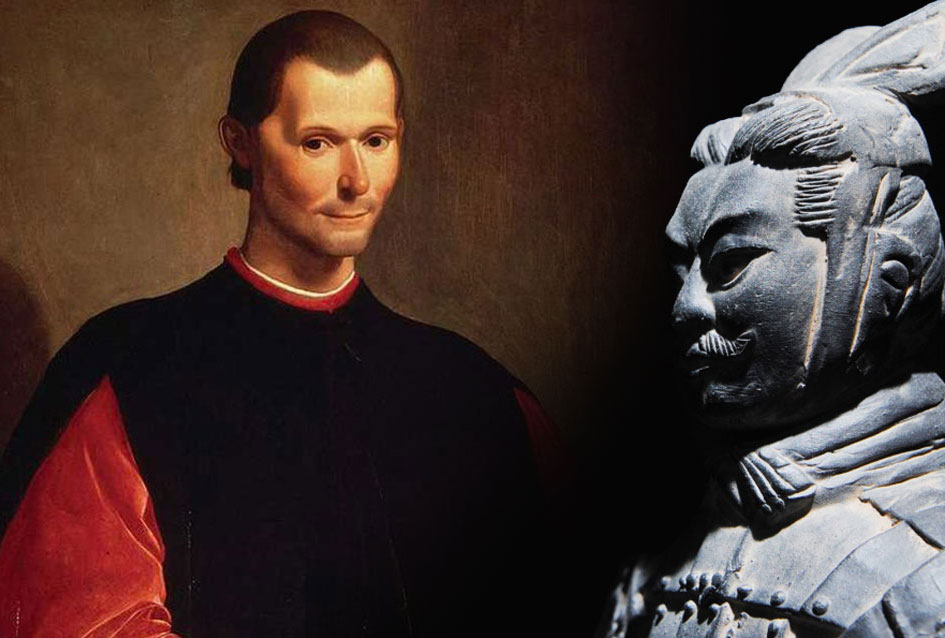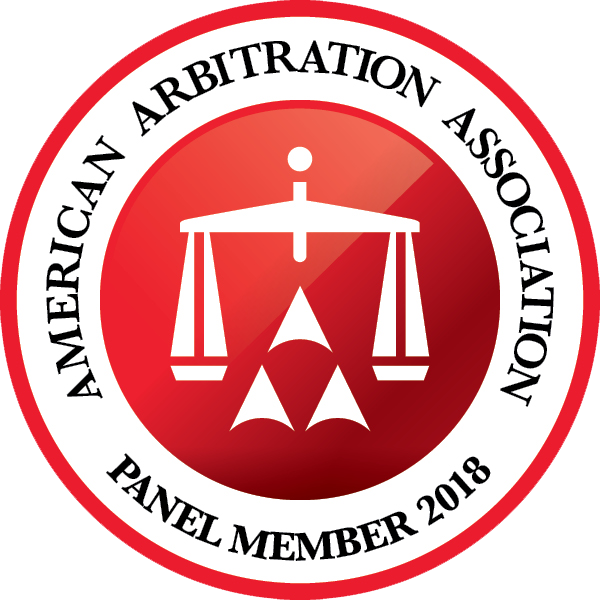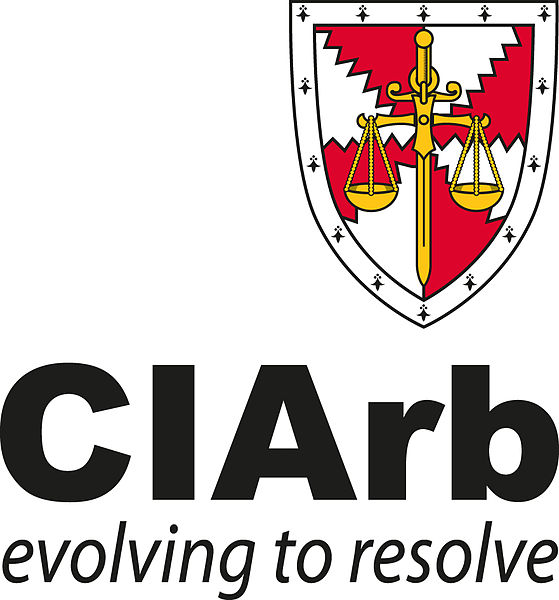Convening A Mediation
Greg is available to assist the parties in reaching an agreement to mediate, in convening the session, and establishing appropriate parameters for conferences. After Greg has been selected, a conference call or individual calls will generally be scheduled with counsel to secure a general overview of the dispute and to discuss appropriate procedures to employ during the mediation conference. Counsel should be prepared to discuss any special requirements of their clients.
Preparing For The Mediation Session
Briefs are extremely helpful in preparing for the mediation session. A thoughtful brief will provide Greg with information regarding the relevant facts, issues and positions of the parties. Such a brief also causes the parties to focus upon the strengths and weaknesses of their case and that of the other parties.
The parties are encouraged to exchange briefs and to provide Greg with an additional confidential statement setting forth facts or positions which they do not wish to communicate to the other participants. Briefs and confidential statements should be delivered to Greg no later than five (5) business days before the mediation.
The briefs should include the following:
- a description of the factual and legal issues relevant to a disposition of the matter, including a detailed description of damage claims,
- the procedural posture of the dispute,
- the latest offers and demands exchanged by the parties, and
- any special requests regarding the mediation process.
The confidential statements should:
- identify what the parties perceive to be any barriers which they have encountered to settling the dispute in the past,
- list six ideas which the parties would propose for overcoming the perceived obstacles to settlement, and
- set forth any facts or issues which the parties believe that Greg should know before he can attempt to settle the matter.
Documentary evidence deemed important to a party’s position should also be provided with the briefs or statements. Briefs and statements should be marked on the first page to indicate whether they are submitted in confidence.
Before the mediation conference, please consider the following issues:
What message are you intending to send by your opening offer or demand? What is your rationale in deciding on this opening position? Why would the other parties be interested in this proposal and how are they likely to react? What do you think the other parties are prepared to give or accept in full settlement of this matter? What is your candid evaluation of the strengths and weaknesses of your case? What is your likelihood of success in the pending litigation, and the best and worst case scenarios if the case is fully litigated?
Mediation Conference
Greg is a neutral facilitator whose role is to improve communication and assist parties who desire voluntarily to resolve their disputes. Greg deems the parties to have consented to grant him broad authority to conduct the process in any manner intended to achieve a fair and impartial hearing. Joint sessions and/or separate caucuses will be used as appropriate. Mediation conferences usually begin with separate caucuses to permit the parties to share their points of view with Greg and to prepare for a joint session, if one is to occur. Please be prepared to clarify your interests and positions. If a joint session is held, the objective is not to “prove” your case, but rather to reason together and explore mutual interests and the facts. In private caucus sessions the parties may discuss information which is useful in resolving the matter, but which they prefer not to disclose in direct negotiations. Private caucuses also afford a good forum for exploration of realistic options for resolution of the dispute. Greg’s approach is primarily facilitative, focusing on assisting the parties in gaining a better understanding of their own issues and interests and those of the other parties. Greg will provide an evaluation of factual and legal positions as helpful to the disposition of the matter.
It is the intent of the parties and the mediator that all proceedings before, during and after the mediation conference be confidential, and that they not be discoverable or admissible as evidence in any pending or later filed civil action involving the parties. Evidence which would otherwise be admissible shall not be rendered inadmissible by its use in connection with the mediation.
It is imperative that the mediation conference be attended by all persons whose consent is necessary to a resolution of the dispute.













